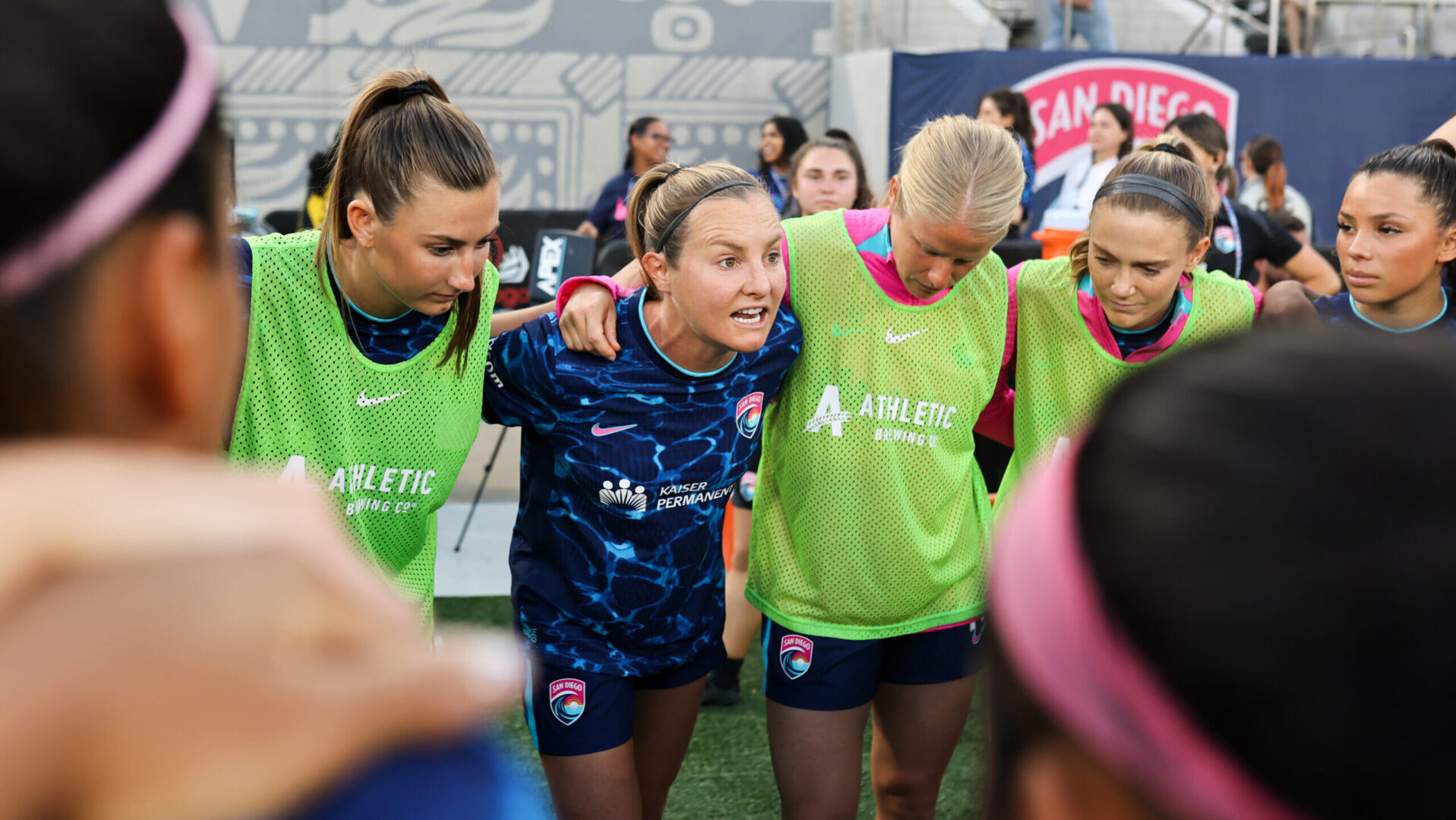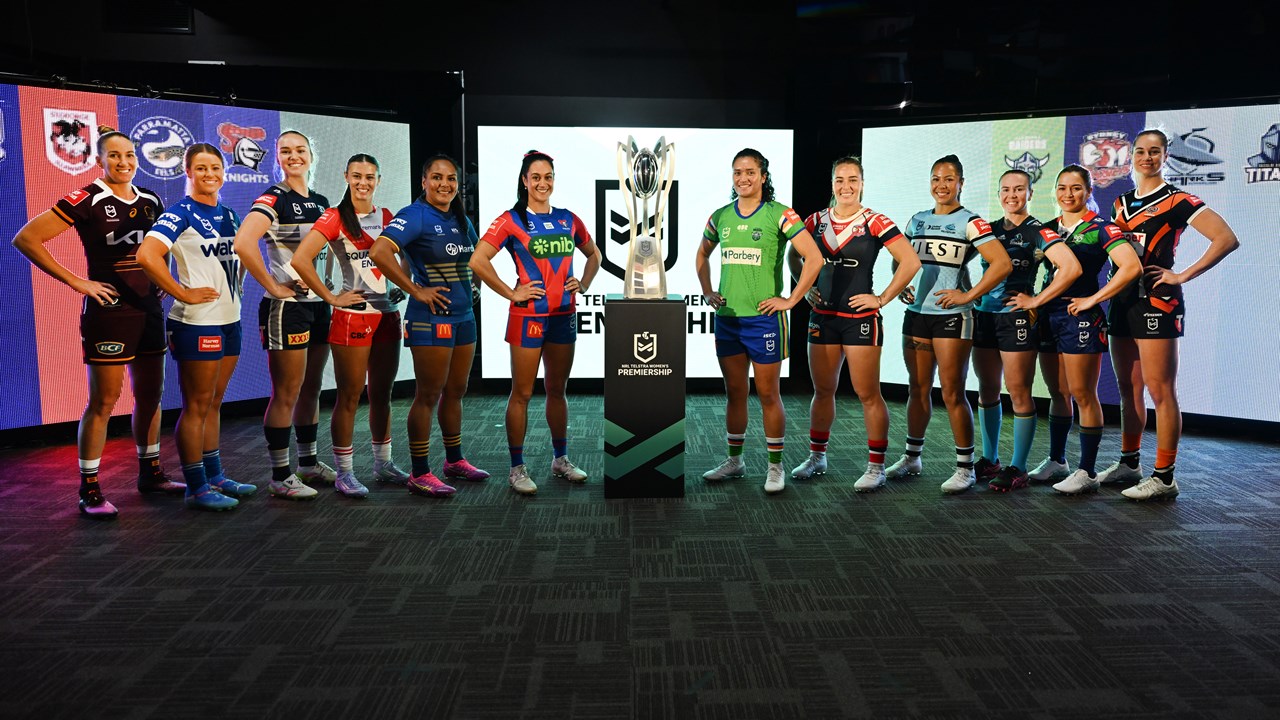Members of Parliament on the Digital, Culture, Media and Sport (DMCS) committee will call witness next week into the inquiry launched by the United Kingdom (UK) government into the link between sport and long-term brain injury.
The inquiry follows the 2019 study which found professional footballers were three-and-a-half times more likely to die of any form of brain disease, compared with other members of the population.
In a statement, chair of the DCMS committee, Julian Knight, said the inquiry is crucial with the growing prevalence of legal action being taken across football and rugby codes.
“This inquiry will consider scientific evidence to link sport with the incidence of long-term brain injury,” Knight said.
“We will look particularly at what role national governing bodies should be taking and their responsibilities to understand risks involved for players and what actions might be taken to mitigate them.
“We’re seeing a number of cases involving brain injury in sport likely to reach the doors of our law courts and we will also look at the implications for sport in the longer term of any successful legal claim,” he said.
An example of a growing legal case on the topic is The Rylands Law, who are a group of former rugby union players who have launched action against a number of rugby organisations.
This action includes former England international, Steve Thompson, who claims he has no recollection of winning the World Cup in 2003.
The most notable case in football is Sir Bobby Charlton, who was diagnosed with dementia last year, with at least four other members of the 1966 World Cup winning side suffering dementia at the time of their respective deaths.
Currently, concussion substitutes are being trialled in both the English Premier League and the FA Cup.
Sports minister for the UK, Nigel Huddleston, said there was steady progress in the sector.
“Encouraging progress is being made in our understanding of head injuries in sports with the significant research that is under way,” Huddleston said.
“With the clear commitment to work together shown by all governing bodies and health professionals, I am confident we will make swift progress in improving the welfare of our present and future sport stars.
“Now is the time to form a coherent approach, to prevent the risk and potentially devastating impact of head injuries at elite and grassroots level, and protect the sports we love,” he said.
Repeated head knocks have been heavily linked with depression later in life.







